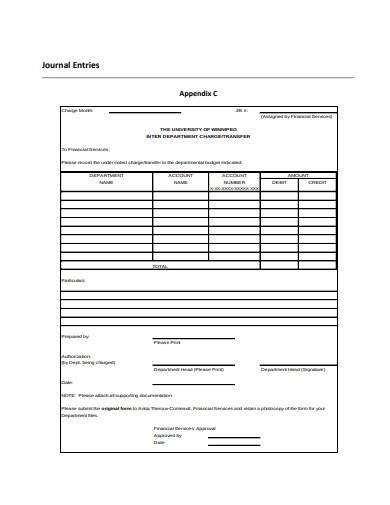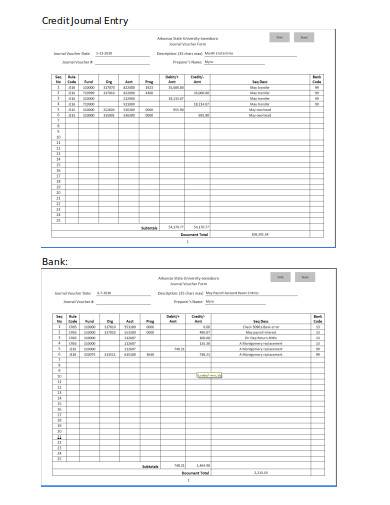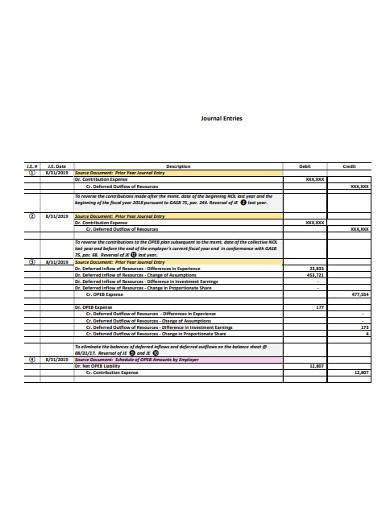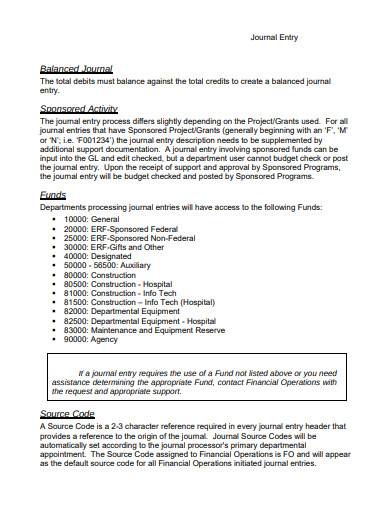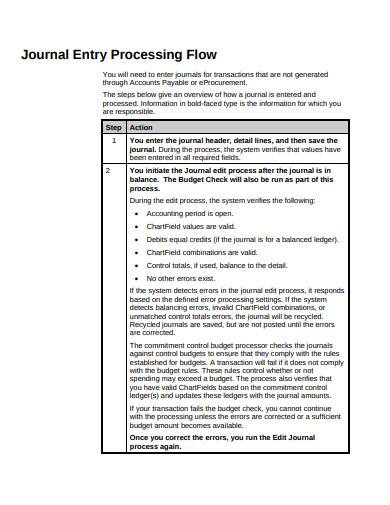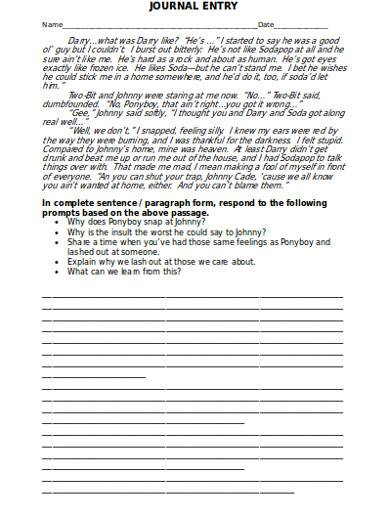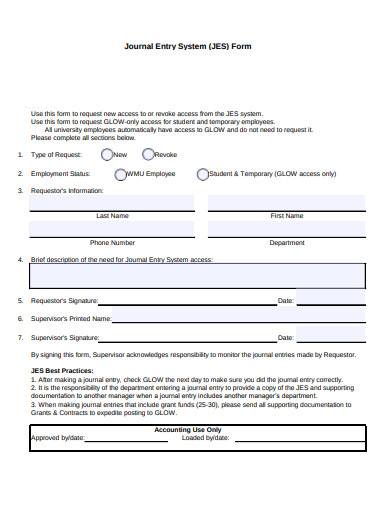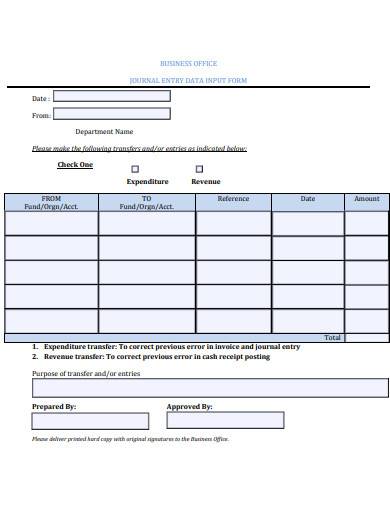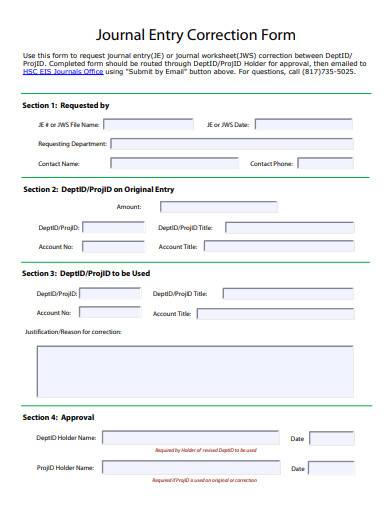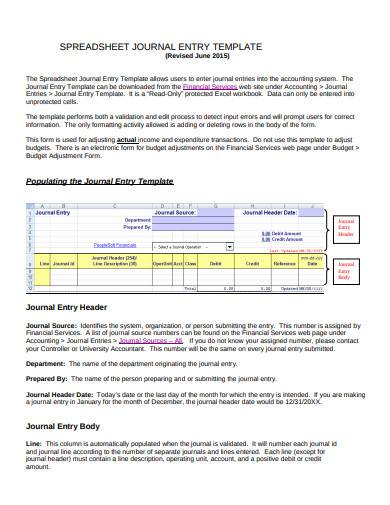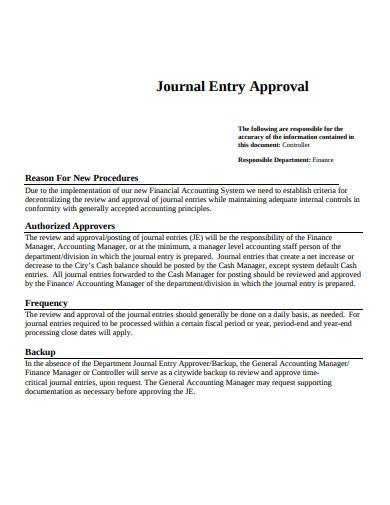According to business magazine Forbes, there are three reasons a journal can assist a person, whether he or she is a student or a businessman. First, writing a journal will help us reflect and shape our realities. And it enhances our learning and development. Then, a sustainable journal can be a vital part of our performance improvement. Knowing all this, it is imperative that regularly writing a journal has many positive effects. With this level of expression, writing a journal is empowering and helpful. Yet, amidst the benefits, not everyone truly continues their journal writing. Find out more about journal entries and how to encourage people back into journal writing with this article.
Engaging in regular journaling speaks a lot about a person. At times when we cannot contain what we think, we tend to write them down to free our memory. What we think is what we are, and it defines our state of mind. However, we forget some of our memories, and it leaves us with nothing to remember. When we write a journal, either for personal purposes or for work-related tasks, it gives us the chance to record our thoughts and experiences and use what we learn to set plans and future goals. In other words, a journal affects our decision making, as much as it impacts our daily lives.
What Is a Journal?
They say, life is a never-ending road and every day starts with a new destination. But are you keeping track of the places you have been and the thrill it made you felt? If you try to think about it, our experiences molded us into who we are today. Forgetting those memories also means forgetting our history. In this case, writing a journal will capture every detail of our past and record every thought that crosses our minds. Hence, a journal is a record that contains several purposes. It could be a narrative of your feelings or random opinions about certain situations that are current and relevant to our time.
Business Journals
Writing a journal is not only for personal usage. Businesses, especially those that handle several financial transactions, use a journal to keep a record of every business deals. Why is there a need for a business to record these transactions? The amount of capital, effort, time, and everything a business owner invested in putting up his or her firm must result in fruitful outcomes. The way around that is to keep track of the business’s cash flow and financial health. With a journal, accountants or bookkeepers can record accounts that directly affect the business—money owed to the business, money owed to creditors, payroll for employees, cash balance, budget, etc.
Moreover, without journal entries, accounting and bookkeeping systems have no accounts to start with. Business journal entries, like a personal journal, are vital tools for development and improvement. Considerably, journaling is a major game-changer in the business industry.
10+ Journal Entry Template for Students in MS Word | PDF
1. Journal Entry Template
2. Credit Journal Entry in Word
3. Printable Journal Entry Template
4. Standard Journal Entry Template
5. Journal Entry Processing Flow Template
6. Journal Entry in Word Template
7. Journal Entry System Form Sample
8. Journal Entry Data Input Form
9. Journal Entry Correction Form Example
10. Spreadsheet Journal Entry Template
11. Journal Entry Approval Template
How to Make Journal Entries for Student
Making journal entries is not as hard as you think, unless if it is your first time in doing so. Either a student who is an intern in a big accounting firm or a student doing school projects, taking journals could be another level of responsibility. Recording business transactions and writing school journal entries are no small tasks to do, but you can professionally deal with it with the following tips.
1. Set Your Goals
What are the expected outcomes of your journal? Why do you need to make journal entries? These questions will guide you in setting your goals towards journaling. It could be difficult answering these questions since you have not managed your expectations for the task yet. However, once you have figured out the way around it, making journal entries will be easier.
2. Look for References
References are helpful tools in making business journal entries. Unlike school journals, which only involve writing down personal entries, a business journal requires more than that. Journaling for business means dealing with financial transactions. In that case, look for references that you can easily access. With references on hand, starting an accounting journal entry is more convenient. If you are working for a business, you can even ask for their existing bookkeeping system to automatically make journal entries. Yet, if you need to do it by yourself, make sure to be equipped with the right tools: templates, balance sheets, old business journals, general ledger, and accounting books.
3. Identify the Accounts
Personal journals and school journals are more straightforward to make. As long as you have a pen and a blank space, you can close your eyes and reflect on your day, then put it into words. However, a business journal does not contain the writer’s thoughts. A business journal entry contains the following: correct transaction date, the debited and credited amount, and description of the transaction. Aside from that, it includes accounts in which the business relies on. Identifying the accounts should happen before a journal entry takes place. These accounts are the driving force of the business. Without it, a business might discontinue its operations.
4. Record Transactions
Whatever transaction a business makes, especially transactions that directly affect business accounts, will dictate its future. Recording these transactions with a business journal can help accountants in keeping a report of the financial status. If the accounting or bookkeeping system missed even a single transaction, it is a loss for the company.
FAQs
What is a contra entry?
A contra entry is a journal entry that affects debit and credit of one account. This entry will result in a net-zero effect on the account that is debited and credited.
What is the difference between debit and credit?
An accounting entry that increases a business asset and expense account but decreases the liability and equity account is a debit, whereas, an entry that decreases a business assets and expense account but increases liability and equity is a credit account.
Are expenses debit or credit?
Expenses would become debit if it increased with a debit entry. However, crediting expenses means reducing, adjusting, or closing the expense account.
Making a record of our experiences could be a sentimental thing for some. But, some memories should not remain. That said, journaling is not for all. It only benefits those who use it as a tool for development and improvement. A student and business are the same. They record memories and experiences and use them to clarify the future so that they can achieve their goals.
Related Posts
FREE 10+ Writing Journal Entry Samples and Templates in MS Word | PDF
FREE 10+ Double Entry Journal Samples and Templates in MS Word | PDF
FREE 5+ Stock Ledger Samples and Templates in MS Excel | PDF
FREE 10 + Revenue Recognition Samples & Templates in PDF | MS Word
FREE 11+ Liability Insurance Application Samples and Templates in MS Word | PDF
FREE 11+ Petty Cash Reconciliation Samples and Templates in MS Excel | PDF
FREE 10+ Reconciliation Statement Form Samples and Templates in MS Word | PDF | MS Excel
FREE 10+ Annuity Disclosure Form Samples & Templates in PDF
FREE 9+ Absorption Costing Samples & Templates in PDF | MS Word
FREE 10+ Prepaid Expenses Samples and Templates in PDF | MS Excel
FREE 7+ Depreciation Worksheet Samples & Templates in PDF | MS Word
FREE 10+ Turnover Ratio Analysis Samples and Templates in PDF
FREE 11+ Cost Volume Profit Analysis Samples & Templates in PDF | MS Word
FREE 10+ Bank Reconciliation Statement Samples and Templates in PDF | MS Word
FREE 9+ Balance Sheet Reconciliation Samples & Templates in PDF | MS Word

